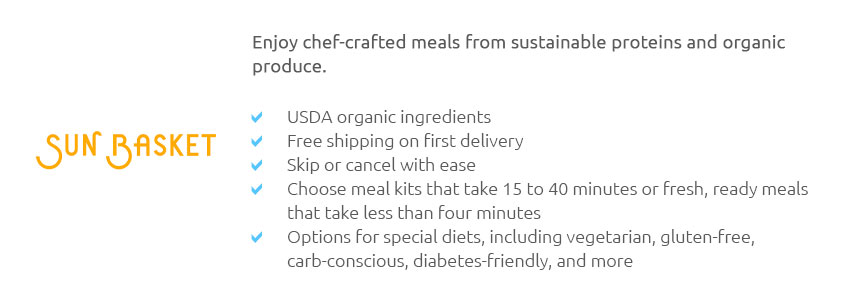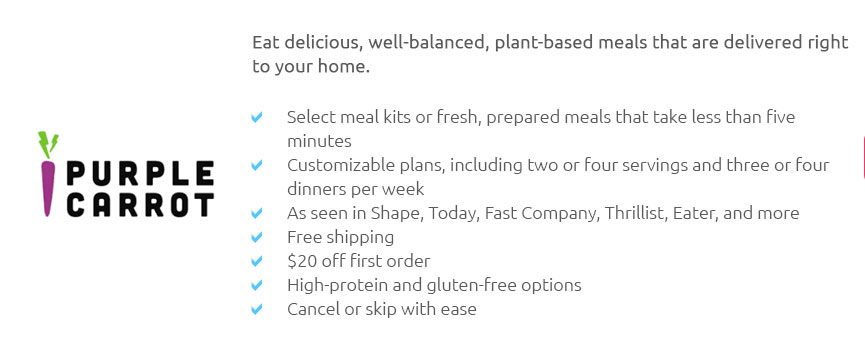 |
 |
 |
|---|
 |
|---|
 |
||||||
|---|---|---|---|---|---|---|
|
||||||
 |
 |
|||||
 |
 |
|||||
 |
 |
|||||
 |
 |
|||||
 |
 |
|||||
 |
 |
|---|
|
y6drm5xabvc Exploring the World of Organic Meal Delivery Kits: A Comprehensive GuideIn the bustling modern world where time seems to slip through our fingers faster than ever, the concept of meal preparation has undergone a significant transformation. Enter the organic meal delivery kit, a burgeoning industry that promises not only convenience but also a step towards healthier eating habits. With a plethora of companies entering the fray, each offering a unique spin on the concept, the choice for consumers has never been more diverse. But what exactly are the benefits and drawbacks of these kits, and how can one decide if they are worth incorporating into their lifestyle? Let’s delve into the pros and cons of these culinary innovations. Advantages of Organic Meal Delivery Kits
Drawbacks to Consider
In conclusion, organic meal delivery kits present an intriguing option for those seeking to simplify their meal preparation process while maintaining a focus on health and sustainability. By weighing the pros and cons, individuals can make informed decisions about whether these kits align with their lifestyle and dietary goals. As the market continues to evolve, it is likely that these services will become even more accessible and tailored to a wider array of consumer needs, potentially becoming a staple in many households across the globe. https://www.bonappetit.com/story/the-6-best-meal-delivery-services-for-families-2024?srsltid=AfmBOoplQFxB4mzKus8VFcJsyDGujuXPbKtlrM6OJOy5sXJxWGdB5q8Q
The best organic meal kits for families: Green Chef ... If your goal is getting organic family meals on the table, and you don't mind spending ... https://sunbasket.com/?srsltid=AfmBOopPL1oJguIHKTKa6EWYGQikx1oqcUZ4a7Sib37bm3NBhYGG9Nsd
Sunbasket offers healthy meals delivered, from heat-and-eat meals to cooking kits, for all tastes and lifestyles. https://www.epicurious.com/shopping/green-chef-meal-kit-review
Green Chef prides itself on its status as the first certified organic meal kit service. Almost all of the produce you receive is organic (and ...
|
|---|


